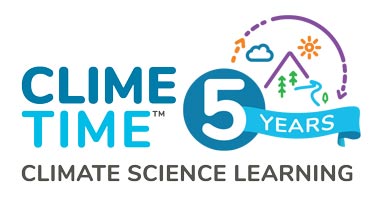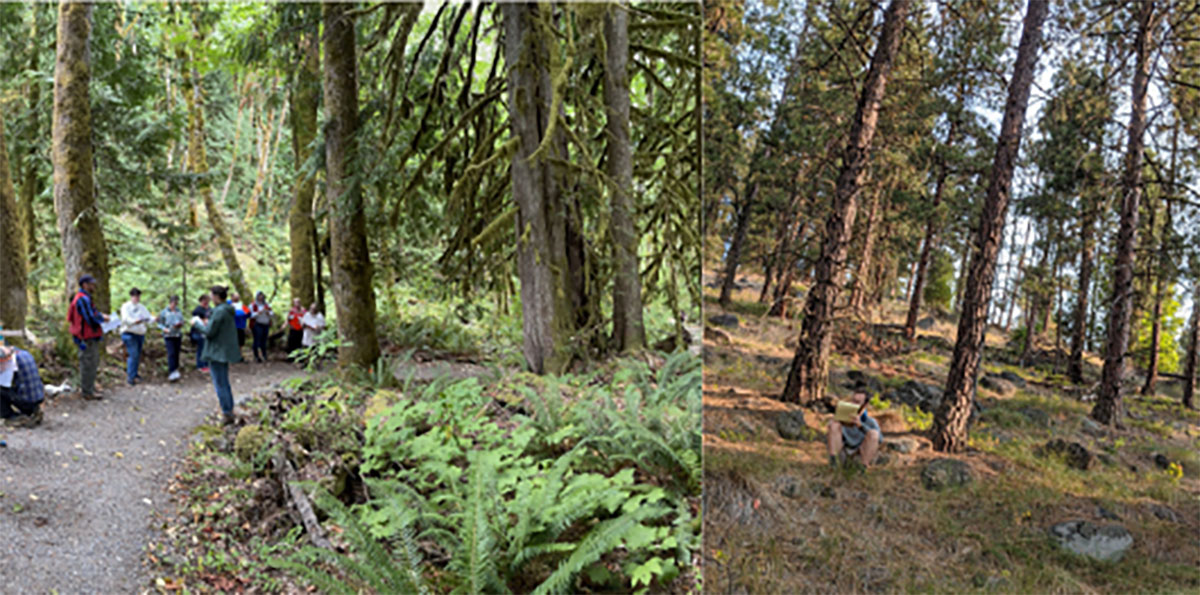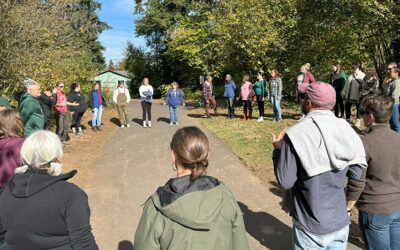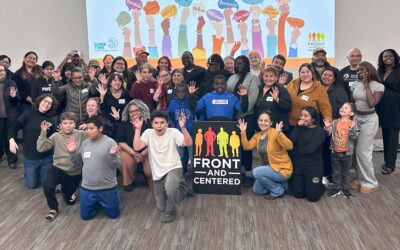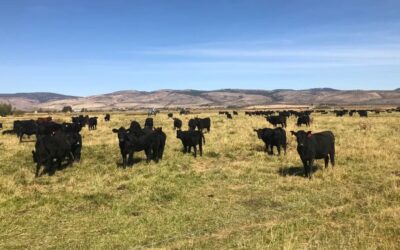When Elizabeth Nightingale announced that she would offer forestry classes next fall, Eatonville High School students responded enthusiastically. By April, the classes were full – even though they won’t start until September. “I’ve gotten a lot of interest,” says Nightingale, Career and Technical Education teacher and FFA advisor at Eatonville High School. “The school district and the community are excited about it.”
The topic is a good fit for Eatonville, given that it’s impossible to get there without driving through a forest. The town’s neighbors include Mount Rainier National Park, University of Washington’s Pack Forest, and Nisqually River Forest Reserve. “For a small rural town, it makes sense,” says Nightingale. “We have a lot of students whose families are in the timber industry and there are plenty of career options. You can go to college and get a degree all the way to a Ph.D. or you can go straight into the workforce.”
To prepare for the course, Nightingale recently attended a two-part, virtual ‘Solutions Oriented Learning Storylines: Festival of Trees’ workshop through PEI in April. Along with 41 other teachers from 25 school districts, she explored PEI’s climate science storylines focused on forests: forest carbon sequestration, urban forestry and wildfire. The group heard from Department of Commerce Agricultural Innovation Sector Lead Julie Anderson about the current job forecast in the timber industry and the rise of modified timber as a building material. They also explored the storylines, met with colleagues from similar grade bands and learned about PEI resources they can use with students. One of the most popular was a STEM teaching tool that included a ‘Talk Flow Chart’ with activities to generate student discussion based on goals like getting students to critique and get feedback on science models, revise their thinking, reach consensus, and explain their thinking.
“I loved the Talk Activities Flowchart,” said one participant. “I am going to use that to engage my students in a deeper connection to not only our science learning, but also to other learnings.”
The workshop occurred in two parts, with participants completing an asynchronous assignment during the break. They chose one storyline and planned for implementation, then shared their thinking with grade-level colleagues when they reconvened for the second session. Many found feedback and interaction with peers valuable.
“It was a great mix of listening and being able to share with other educators,” said one.
Nightingale is looking forward to putting her learning into practice next fall. “The different forestry resources will be big pieces of my curriculum and lessons next year,” she says. “I have not taught forestry before, so this has been very helpful. They didn’t just share PEI resources; they gave all kinds of other resources for guest speakers. This will be well-suited to high schoolers.”
